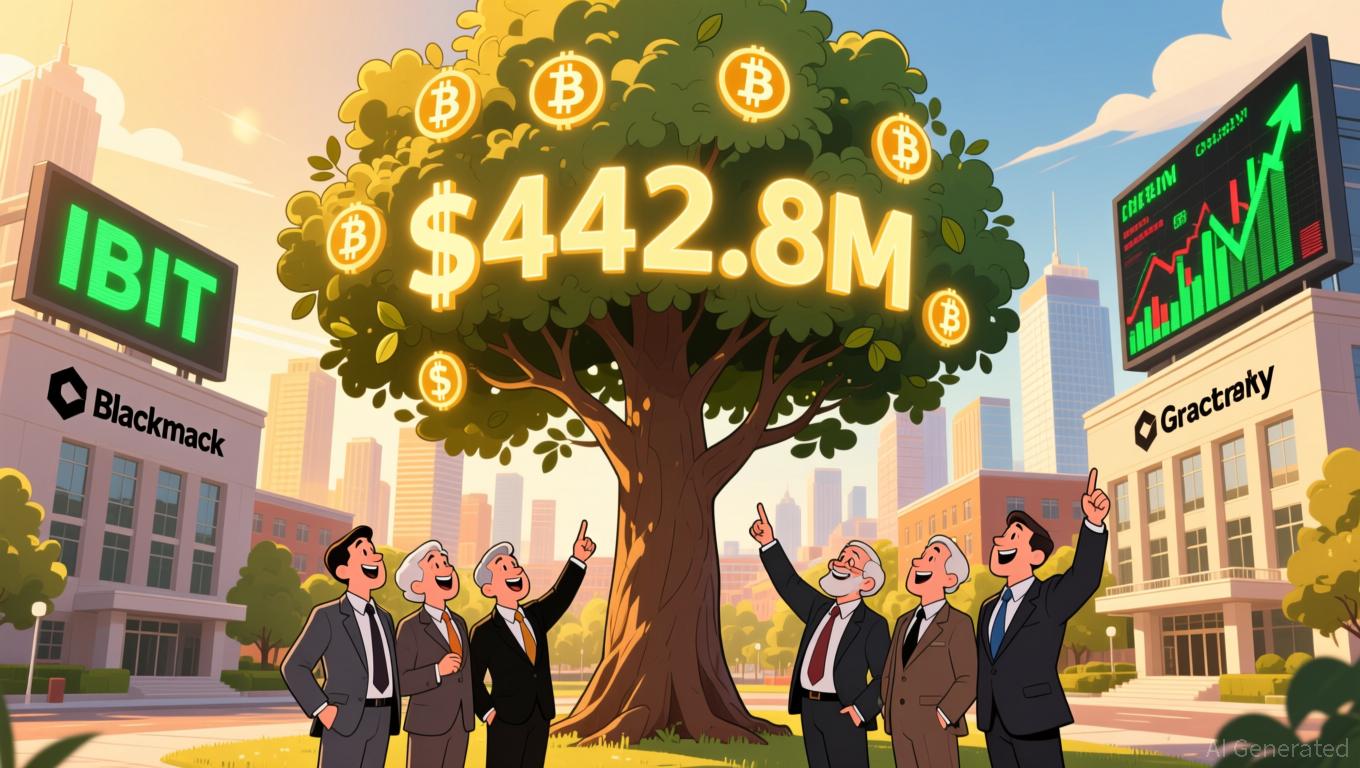Conflicting Strategies and Stalemates Worsen the U.S. Housing Affordability Problem
- A real-estate executive warns post-pandemic interventions entrenched housing unaffordability for a generation, worsening structural cost issues. - Democrats leverage affordability as a political issue, contrasting Trump's 50-year mortgage proposals with concerns over favoring lenders over households. - Treasury Secretary Bessent prioritizes financial market stability to support affordability, while Dallas FHLB allocates $8.7M for storm-resistant affordable housing. - Fed Chair Powell emphasizes cautious
The U.S. housing sector continues to be a focal point in the ongoing affordability crisis, as a prominent real estate leader cautioned that post-pandemic policy responses have locked in high housing costs for younger Americans. "We may have effectively priced an entire generation out of homeownership," the CEO remarked,
Democratic leaders have turned affordability into a central campaign issue, using Republican President Donald Trump's 2024 messaging to spotlight inflation and rising living costs as key voter concerns.

The affordability conversation is also shaped by economic indicators and market swings. Investors are watching upcoming inflation data and manufacturing sales, which could sway the Federal Reserve’s interest rate moves.
As the affordability crisis continues, both parties are under pressure to offer real solutions. Democrats are pushing for targeted policies like capping drug prices and expanding Medicaid, while Republicans are split between Trump’s populist ideas and traditional fiscal restraint.
Disclaimer: The content of this article solely reflects the author's opinion and does not represent the platform in any capacity. This article is not intended to serve as a reference for making investment decisions.
You may also like
Bitcoin Updates: Corporate Bitcoin Holdings Transform Crypto Industry While MicroStrategy Stands Strong Amid Market Fluctuations
- MicroStrategy's Michael Saylor denied Bitcoin sale rumors, reaffirming the company's aggressive BTC accumulation strategy despite market volatility. - The firm holds 641,692 BTC ($61.3B) but faces liquidity risks as its market value dips below holdings' net asset value for the first time. - Leveraged debt ($47.5B) and falling BTC prices raise concerns about a "death spiral," though analysts suggest forced sales are unlikely until 2027. - Saylor's bullish stance contrasts with market jitters, as corporate

Bitcoin Updates: Harvard’s Investment in Bitcoin Challenges Previous Doubts as More Institutions Join
- Harvard University tripled its Bitcoin stake in IBIT, now holding $442.8M in the ETF, making it the fund's 16th-largest holder. - The move defies past skepticism from Harvard economists like Kenneth Rogoff, who once predicted Bitcoin would fall to "$100 rather than $100,000". - Institutional adoption grows as Abu Dhabi's Al Warda and Emory University also boosted Bitcoin ETF holdings, despite recent market volatility and outflows. - Harvard's 0.6% Bitcoin allocation in its $57B portfolio highlights crypt

Bitcoin Updates: Bitcoin Drops, Harvard's $364 Million ETF Investment Shows Institutional Commitment
- Harvard University increased its BlackRock IBIT Bitcoin ETF stake by 257% to $364.4M, becoming a top institutional holder. - The $50B endowment also doubled gold ETF holdings, treating both assets as inflation hedges amid macroeconomic uncertainty. - Emory and Abu Dhabi's Al Warda similarly boosted crypto-linked ETFs, signaling institutional confidence in regulated digital assets. - Analysts highlight Harvard's ETF adoption as rare validation, with U.S. spot Bitcoin ETFs attracting $60.8B in inflows sinc

Astar 2.0's Tactical Rollout and Its Impact on DeFi Advancements
- Astar 2.0 introduces institutional-grade DeFi architecture with 6-second block times and 150,000 TPS via Polkadot's async protocol. - Cross-chain interoperability with LayerZero/CCIP enables seamless asset transfers across Ethereum , BSC, and Polkadot ecosystems. - Strategic partnerships with Mizuho Bank, Casio, and Japan Airlines demonstrate real-world applications in CBDCs, logistics, and digital rewards. - $3.16M institutional ASTR purchase and 20% QoQ wallet growth highlight growing confidence in its
